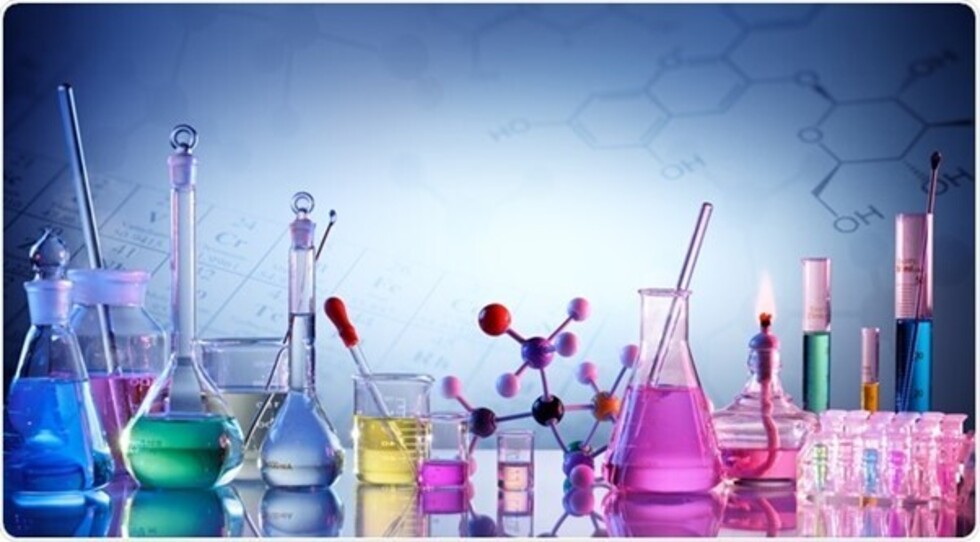Analytical Chemist
Analytical chemists determine the structure, composition and nature of substances. They are often responsible for determining the composition and quality of meat from marine animals, as well as identifying food safety issues (see our Microbiologist and Lab Technician pages too). Analytical chemists are an integral part of the rapidly growing natural extracts aquaculture industry, helping determine how best to produce and extract the high value natural compounds from marine species. Analytical chemists also help aquaculture industries identify chemical pollutants in the air, water and soil.
What do analytical chemists do at work?
- Develop methods and equipment to study chemical compounds.
- Test chemical samples to determine their make-up and properties.
- Think of ways to make new chemical compounds.
- Work with industries to develop chemical processes.
- Carry out experiments and write up the results.
- Publish articles in scientific journals.
- Teach and supervise students and/or staff.
- Manage and monitor chemical manufacturing processes.
- Carry out environmental monitoring.
- Carry out analytical testing to check the quality and safety of products or materials.
- Design and carry out experiments to develop improved chemical processes.
Skills and knowledge
- Knowledge of chemistry and chemical compounds
- Knowledge of how to safely handle, store and produce large quantities of chemicals.
- Practical skills for performing experiments and operating scientific equipment.
Qualifications
- Bachelor's degree in chemistry, biochemistry or a related science.
- Master's degree in chemistry, biochemistry or a related science. However, a PhD or further postdoctoral study are often preferred.
- A tertiary entrance qualification is required to enter further training.
- Useful subjects include chemistry, physics, maths with calculus and statistics, computer science, biology and English.
Is this the career for you? Find out more about training.
- Cawthron Home - Cawthron Institute
- National Institute of Water and Atmospheric Research (NIWA) www.niwa.co.nz
- Royal Society of New Zealand www.royalsociety.org.nz
